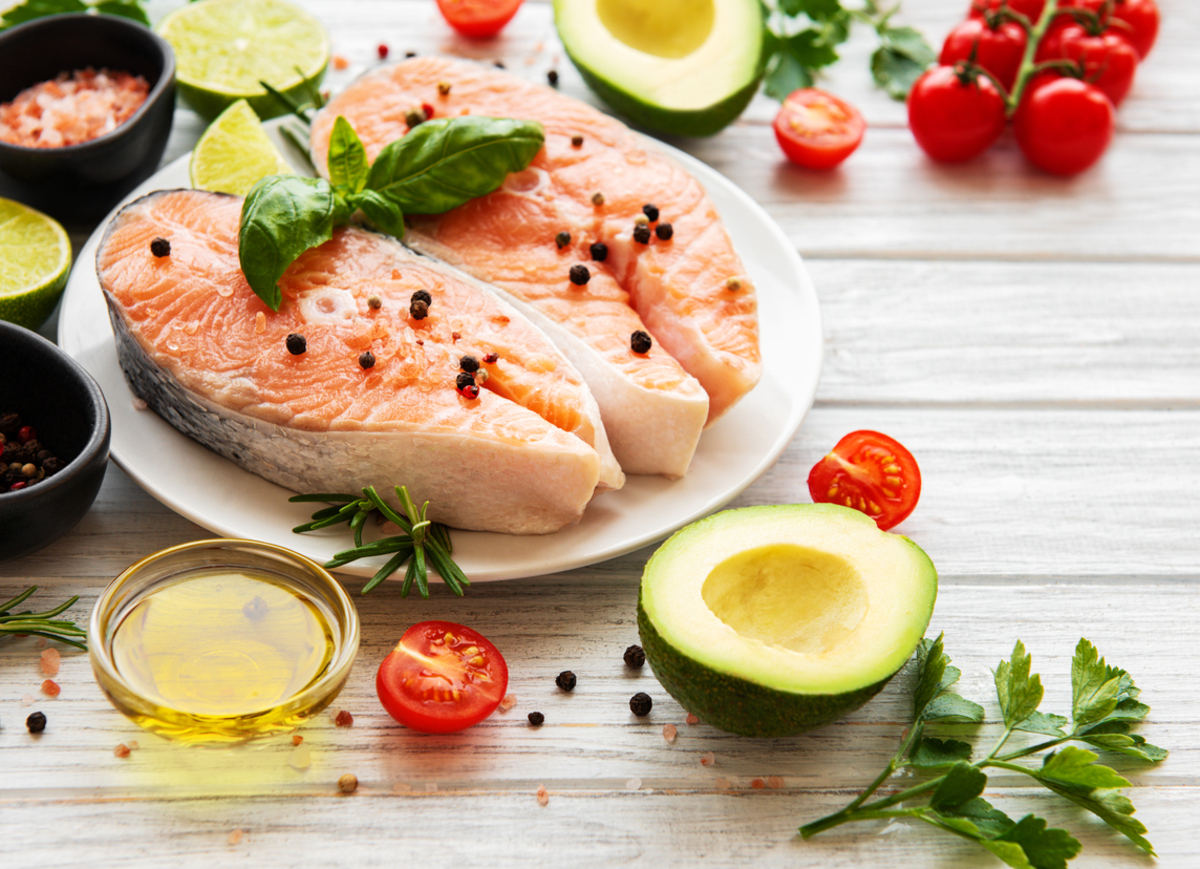Niacin is most commonly known as vitamin B3, and it’s something that your body requires to convert food into energy. There are lots of people that get plenty of vitamin B3 through the foods they consume every day, but others need prescription niacin to compensate for the lack of this vitamin.

Niacin and cholesterol: What do you need to know?
Niacin is a great part of a person’s diet, helping with various important chemical reactions in the body.
Niacin is used to treat high levels of blood cholesterol, as it improves HDL cholesterol in the body. There are no studies which can pinpoint the exact process that niacin follows to impact the triglycerides and cholesterol levels in the body, but specialists do assume that it reduces the number of proteins that carry bad cholesterol through the bloodstream.
Niacin: Are there any side effects?
Niacin doesn’t usually cause any side effects when it’s consumed in the recommended amounts. However, an overdose of niacin can lead to an accelerated heartbeat, dizziness, skin flushing, an upset stomach, abdominal pain, gout, diabetes, or liver damage.
Niacin has also been known to worsen the symptoms of allergies or specific thyroid disorders. People who suffer from diabetes should also know that niacin can interfere with glucose control. Those that have gout should also be careful with their niacin dosage.
Niacin is not recommended for people who have low blood pressure or liver disease either, especially not in higher amounts. There are studies that have discovered a link between liver damage and niacin, which can also be the cause a cause of low blood pressure.
Pregnant women should avoid niacin as a means of treating high cholesterol. However, these supplements are indeed useful if you’re trying to treat a niacin deficiency.
Foods rich in niacin
Niacin has a lot of health benefits for the human body, and the best part is that you can get your daily supply by eating foods that are rich in this vitamin. The body isn’t able to produce its own niacin, so you are responsible for supplying it.
This vitamin is water soluble, which means that your body can’t store any excess niacin and then release it later on. Consequently, you will have to ensure that your body gets a steady supply of niacin, as it’s eliminated from your body through urine, so your intake should be constant.
For the best results, one should consume about 14 to 16 mg of vitamin B3 per day, which can be taken from the following foods:
- Tuna - This niacin source is a food rich in vitamin B3, but also in protein. However, there are certain concerns about mercury toxicity when it comes to tuna fish, but one can of tuna per week is more than OK.
- Peanuts - Another rich source of niacin, peanuts in an extremely popular vegetarian snack. It has plenty of other vitamins as well, but also phosphorus and magnesium. The tricky part is that peanuts are also rich in calories but consuming a very small serving each day can lead to a number of health benefits (including a reduced risk of having type 2 diabetes).
- Avocado - Avocado is a very nutritious fruit, and part of many different diets because of that. An avocado of medium size contains about 25 percent of the daily recommended intake of niacin for both men and women. It’s also rich in monounsaturated fats, which makes it a perfect choice for people looking to lower their cholesterol levels through a healthy diet.
- Mushrooms - Vegetarian that are always looking for food ideas to boost their natural niacin sources should consider adding mushrooms to their diet. One cup of mushrooms can give about 15 to 18 percent of the daily recommended dose of vitamin B3. If you consume mushrooms grown under sunlamps, you will also benefit from their vitamin D input.
- Potatoes - The best part about potatoes is that they are so easy to integrate into all sorts of tasty meals, but did you know that just by consuming one large baked potato, you can get about 25 to 30 percent of the daily recommended intake of vitamin B3? Fact: the brown Russet potato has the largest amount of B3 out of all types of potatoes.
- Whole wheat - People that are looking to improve their dietary habits in order to lower their cholesterol levels should always consume whole wheat products. Eating things like whole-wheat pasta is also a solution if you’re looking to naturally raise your niacin intake.
- Meats - When having high cholesterol, carefully selecting the meats you consume is very important, as you have to make sure you are avoiding all those fats that raised your cholesterol levels in the first place. Lean meat is always recommended, and some of it can actually be a good source of niacin as well. Take pork, for instance. You can select lean cuts of pork, such as tenderloin. By consuming three ounces of pork tenderloin, you can get between 39 to 45 percent of the recommended daily intake of niacin. You can also consume leaner ground beef, turkey, or chicken breast. Just make sure that you consume these meats with little to no fat, and always avoid frying them. Instead, you can add them in stews, roast them, bake them, slow cook them, or prepare them through any method that doesn’t involve frying.


Your thoughts on this